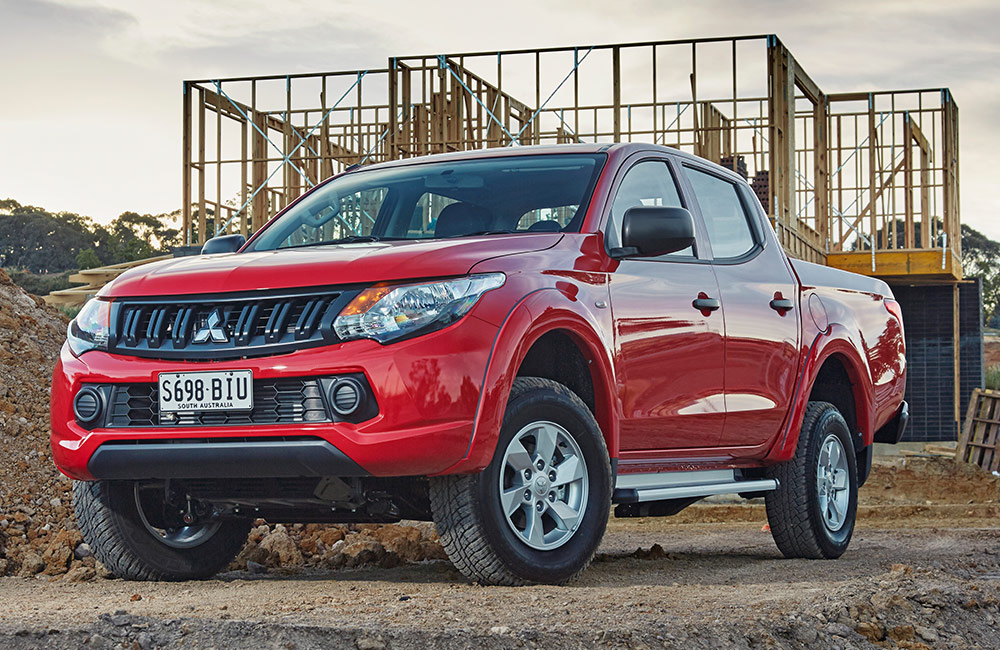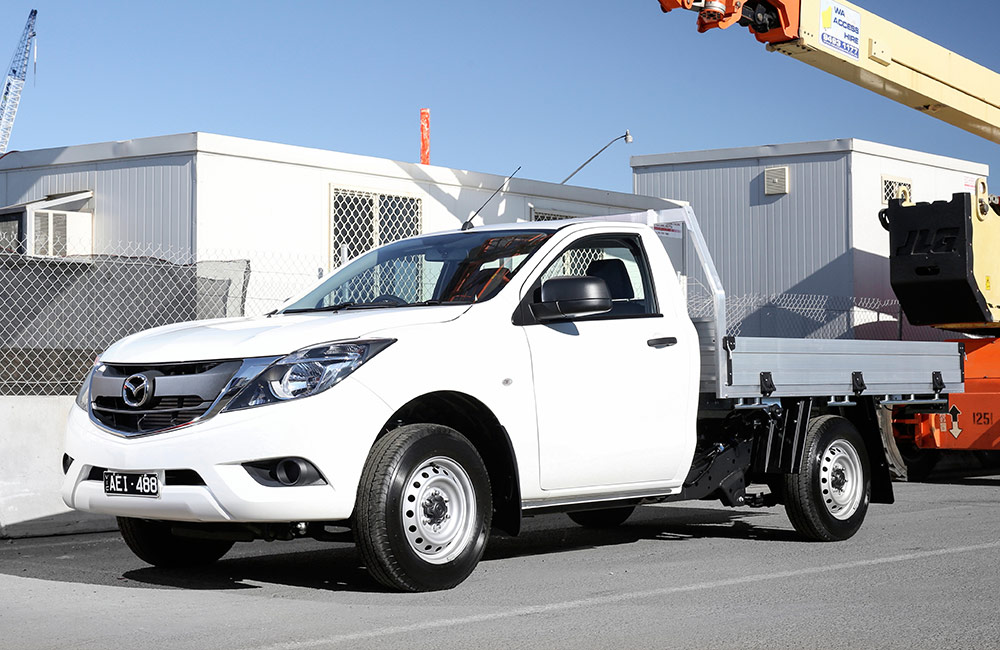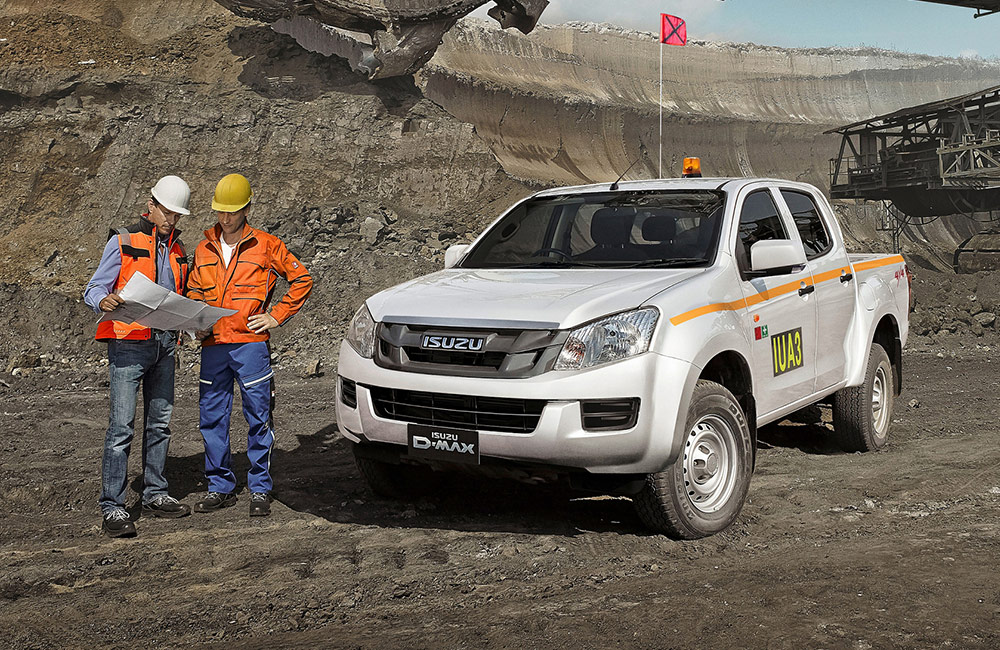The tax office last week laid down the law and said that if certain criteria was not being met in the use of company vehicles, then companies will be liable for FBT.
GoAutoNews Premium asked KPMG director of motor industries services, Steven Bragg, for his take on the ATO’s bulletin.
“This is a clarification of the fringe benefits tax rules,” he said.
“The ATO is ensuring that companies clearly understand the application of FBT. We have had about 20 years of the FBT and there have always been some exemptions.
“But this latest ruling ensures that there is no doubt about how and when the FBT will be applied.”
Fringe benefits tax is regarded as a benefit made to employees and, as such, is liable to be taxed. The rate is the same as the luxury car tax, becoming effective for vehicles valued at more than $66,631 (or for “fuel efficient vehicles”, the threshold is $75,526) and is currently taxed at 47 per cent.
A $45,000 ute, for example, can attract a taxable value of $9000 a year if there is no contribution by an employee who also uses it privately.
The ATO last week released its “practical compliance guide” that details any exemptions and is effective from April 1 this year.
Mr Bragg stated: “Certain vehicles such as utility trucks and vans may be exempt from FBT where their private use (excluding home to work travel) is minor, infrequent and irregular.
“Until now, dealers have largely had to judge for themselves where the limits of ‘minor, infrequent and irregular’ lie, leaving them open to ATO scrutiny.
“The ATO states that it will generally accept that the exemption criteria are satisfied where all of the following apply:
- The dealer has a strict policy of limiting wholly private trips (which do not include travel between home and work unless they involve a detour of more than two kilometres);
- The vehicle’s base value for FBT purposes is below the luxury car threshold;
- The vehicle is not provided under a salary packaging arrangement, or other arrangement where the employee’s salary would be higher but for the provision of the vehicle;
- The aggregate distance travelled on wholly private trips in the year of tax is less than 1000 kilometres, and no one return trip exceeds 200 kilometres.
“Importantly, employers can get a statutory declaration from their employees stating that they are adhering to the rules,” Mr Bragg said.
“We (KPMG) have had a lot of dealers contact us for details and we have noted that most are glad of the clarification set down by the ATO.”
Mr Bragg said the clarification of the ruling could have benefits for some dealers who provide a car for the use of parts and/or service managers.
“This may mean the vehicles the service and parts managers now drive will be utes and vans with signage of the company,” he said.
“This would benefit the business by becoming a mobile advertising while getting rid of the need for the manager’s previous conventional, unbranded car.
“As long as a vehicle has signage, it could be FBT free.”
By Neil Dowling















 Read More: Related articles
Read More: Related articles

